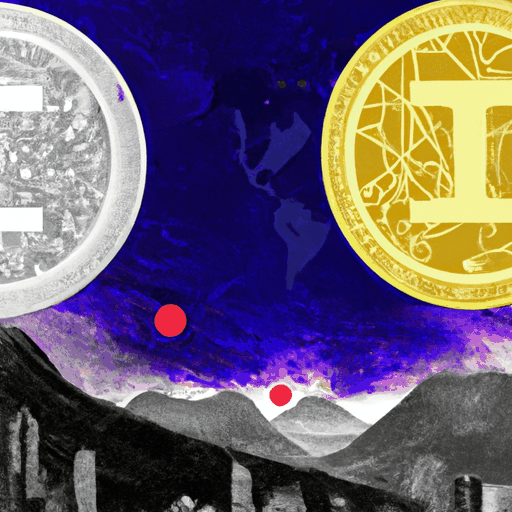
Stablecoin Scams and Regional Developments in Asia
By: Eliza Bennet
In recent developments across the Asian crypto landscape, several fraudulent activities and strategic advancements are noteworthy. In South Korea, a surge of fraudulent activities has been reported involving fake developer group chats on the Solana network. This has sparked concerns following the debut of an Exchange-Traded Fund (ETF) in the region. These fraudulent groups are impersonating legitimate Solana developers, possibly exploiting the growing interest in blockchain technologies across Asia.
Adding to the narrative of fraud, renowned Chinese e-commerce giant JD.com has issued a warning against false claims regarding its alleged stablecoin introductions. The company clarified through a statement on Weibo that all services purporting to offer access to JD.com’s stablecoins are fraudulent. The claims suggest unauthorized associations with JD.com’s Hong Kong subsidiary, JD CoinLink, yet JD.com reiterated it has not released any such stablecoin, nor entered partnerships to distribute these digital currencies.
Meanwhile, Japan has taken strategic steps in assessing the viability of stablecoins as financial instruments to modernize payment systems and facilitate cross-border finance. Minna Bank, in collaboration with Fireblocks, is conducting a study focusing on the efficacy of stablecoins within Japan’s financial systems, particularly their integration on the Solana blockchain. This investigation aims to explore how stablecoins can optimize traditional banking processes and enhance financial infrastructure in Japan.
This combination of fraudulent activities and market innovation highlights the dual challenges and opportunities facing the digital currency sector in Asia. As the region continues to play a significant role in the global crypto ecosystem, these developments emphasize the importance of regulatory oversight and technological advancement in creating a secure and efficient blockchain environment.



